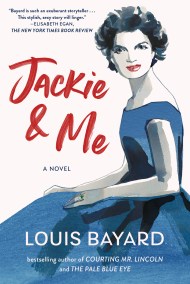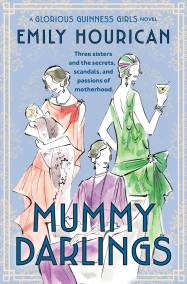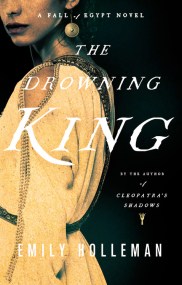Promotion
Use code MOM24 for 20% off site wide + free shipping over $45
Cleopatra's Shadows
Contributors
Formats and Prices
Price
$15.99Price
$19.49 CADFormat
Format:
- Trade Paperback $15.99 $19.49 CAD
- ebook $9.99 $12.99 CAD
- Audiobook Download (Unabridged)
This item is a preorder. Your payment method will be charged immediately, and the product is expected to ship on or around July 5, 2016. This date is subject to change due to shipping delays beyond our control.
Also available from:
Page-turning historical fiction that reimagines the beginnings of Cleopatra’s epic saga through the eyes of her younger sister.
Before Caesar and the carpet, before Antony and Actium, before Octavian and the asp, there was Arsinoe.
Abandoned by her beloved Cleopatra and an indifferent father, young Arsinoe must fight for her survival in the bloodthirsty royal court when her half-sister Berenice seizes Egypt’s throne. Even as the quick-witted girl wins Berenice’s favor, a new specter haunts her days-dark dreams that have a habit of coming true.
To survive, she escapes the palace for the war-torn streets of Alexandria. Meanwhile, Berenice confronts her own demons as she fights to maintain power. When their deposed father Ptolemy marches on the city with a Roman army, both daughters must decide where their allegiances truly lie, and Arsinoe grapples with the truth, that the only way to survive her dynasty is to rule it.
Before Caesar and the carpet, before Antony and Actium, before Octavian and the asp, there was Arsinoe.
Abandoned by her beloved Cleopatra and an indifferent father, young Arsinoe must fight for her survival in the bloodthirsty royal court when her half-sister Berenice seizes Egypt’s throne. Even as the quick-witted girl wins Berenice’s favor, a new specter haunts her days-dark dreams that have a habit of coming true.
To survive, she escapes the palace for the war-torn streets of Alexandria. Meanwhile, Berenice confronts her own demons as she fights to maintain power. When their deposed father Ptolemy marches on the city with a Roman army, both daughters must decide where their allegiances truly lie, and Arsinoe grapples with the truth, that the only way to survive her dynasty is to rule it.
Genre:
- On Sale
- Jul 5, 2016
- Page Count
- 352 pages
- Publisher
- Back Bay Books
- ISBN-13
- 9780316382991
Newsletter Signup
By clicking ‘Sign Up,’ I acknowledge that I have read and agree to Hachette Book Group’s Privacy Policy and Terms of Use








